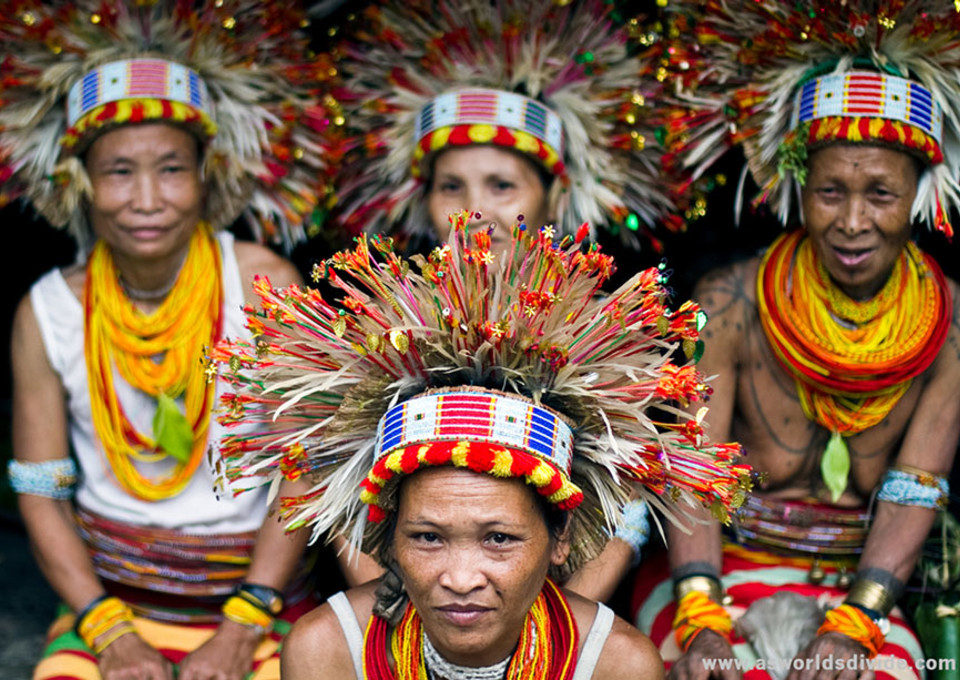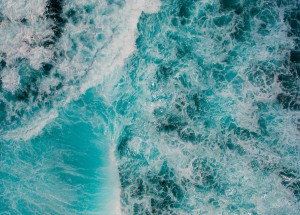2009, on the island of Siberut in Mentawai, a native shaman named Aman Bilik Kunen said something to me that I’ve never been able to forget. He told me, quite simply, “If we do not share we will die”.
At the time, given how little I understood of their reality and having only just stepped out of my own, my interpretation wasn’t quite within the realms of that which he intended; but nonetheless it did strike a chord.
Over the years living there though, after seeing the wider community disconnecting away from their native culture, values and belief, and how this is impacting their livelihood, these words and the depths of his meaning began to hit home.
Mentawai culture, developed over thousands of years, instills values, skills and a mutual understanding enabling the people, not just to survive, but to prosper – living a self-contained and sustainable existence. Their culture is their safety and protection. Without it they lose purpose and hope and their survival quickly becomes an ongoing struggle.
To put this in context I’ll share with you an excerpt from a conversation I had with Jablah, a middle-aged Mentawai man I’d grown close to whilst living in a small coconut-farming village during my first six months in the Islands. Jablah lived in a nearby settlement community with his wife and three children, but, due to the difficulties he faced in finding enough money to support them, he rarely spent any time at home.
Instead, Jablah spent his days/nights diving along the ocean floors looking for sea cucumber or lobster to then be sold onto mainland Sumatra. He’d spend weeks away from his family, risking his life (breathing oxygen via a ratty old compressor) in a job that barely paid him enough to live, let alone an entire household. Concerned by this, I enquired about his choices. Why did he not utilise the food and building resources found in the forest to feed and sustain his family’s survival, and improve his own state of health and wellbeing?
In his response, he told me, “It was different in the old days. If you were hungry and you saw ripe fruit in the trees you could help yourself. It wouldn’t matter because there was enough food for everybody. But now, with the introduction of a market place in the port town – somewhere for us to sell our food, people are no longer happy if you take a piece of their fruit. Because now it is money.”
My intention here is not to ridicule modern capitalist systems – there are pros and cons associated with all development models, of course – but rather to highlight the importance of understanding what is best for individual communities and placing value on already-established localized survival structures – indigenous or otherwise. By investing in the wisdom of the people, strengthening their capacity to make decisions based on their own needs and desires, sustainable development will naturally occur.
To the contrary, our research shows that the systems currently in place here, which are intended to improve the livelihood of the people, appear to be having an adverse effect on the indigenous population – dividing them from each other, their land, their culture, and effectively themselves. Having spent the past 6 years living in and out of the Mentawai rainforest, moving between the resettled (displaced) groups and those still practicing a traditional Arat Sabulungan lifestyle, I’ve found the contrasts between the two are quite profound.
On one hand, my friends in the settlement villages are telling me that, “Life is so difficult. There are no jobs. No money.” And that, “I hope my child doesn’t grow up to have the same life as I do.” Whilst on the other, my friends who are living remotely in the rainforest are saying, “I want nothing more than to pass this Mentawai cultural lifestyle onto my children. Because, with this education, I know they will always be safe.” Yes, it appears there are some serious flaws in this model of ‘development’.
Four years ago I met two young Mentawai chaps named Esmat Wandra Sakulok and August Sikatsila, who had both gone on to study at university; Esmat in Jakarta and August in Padang. Both explained to me how they’d grown up believing their native culture was of no importance to their future development; a notion reiterated by the fact that their village education system provided no opportunity whatsoever to learn about it.
It wasn’t until they left Mentawai and found that outsiders – including their professors – seemed more interested in aspects of their cultural identity than anything else, that their minds began opening up to its value. In response to this enlightened perspective, Esmat and August (at the time we met) were both amidst their own personal campaigns to reconnect with their native culture and learn about who they are as Mentawai people.
As part of this they were also forming groups and initiating cultural activities to help educate other young students who were living in these cities. Above all else, they were teaching them not to be ashamed of being Mentawai and of having a cultural identity different from the mainstream, which dramatically impacted the confidence and sense of belonging for these youth.
Today, after four years of research and development working together with the Mentawai community, Esmat and August have expanded their initiative into the creation of Suku Mentawai; an indigenous education program designed to strengthen the value of cultural identity and enrich lives by teaching aspects of Mentawai cultural and environmental heritage all relevant to their current and future development.
The program, as described by Esmat, entails that; “We bring in elders from each district who possess this cultural knowledge. We discuss with them the best methods for teaching and learning and we develop a strategy together. We provide them the support and they teach our people – either in school or in the province. Together we’re developing a system that will protect our future and our habitat.”
The plight of displacement for indigenous Mentawai is indeed of grave concern and in urgent need of such preventative measures, but, as is widely known, this goes well beyond the shores of Mentawai. This is a global issue. Indigenous communities worldwide continue to face hardship because the development systems introduced around them have little or no regard for their native cultures or lifestyles. This has to change.
Yes indigenous people must empower themselves, as communities, through education; but it has to be the type of education that is right for them. These people are the founders of sustainable development, surviving for tens of thousands of years across a vastly diverse range of ecosystems and climate changes – their methods proven. Given sustainability is now arguably the greatest challenge of our modern era, I ask you, is it right that so many of us still perceive the idea of supporting indigenous communities in the development of their own educational solutions as ‘backward’? I’ll leave you with that thought.
Rob Henry has been working with indigenous Mentawai people since 2009. In support of Suku Mentawai and displaced communities worldwide he has founded the Indigenous Education Foundation (IEF) . He is also in the final stages of production on a feature documentary film entitled, As Worlds Divide. To learn more about Suku Mentawai check out the website here; or if you would like to discuss or support this work you can contact Rob through IEF here.




